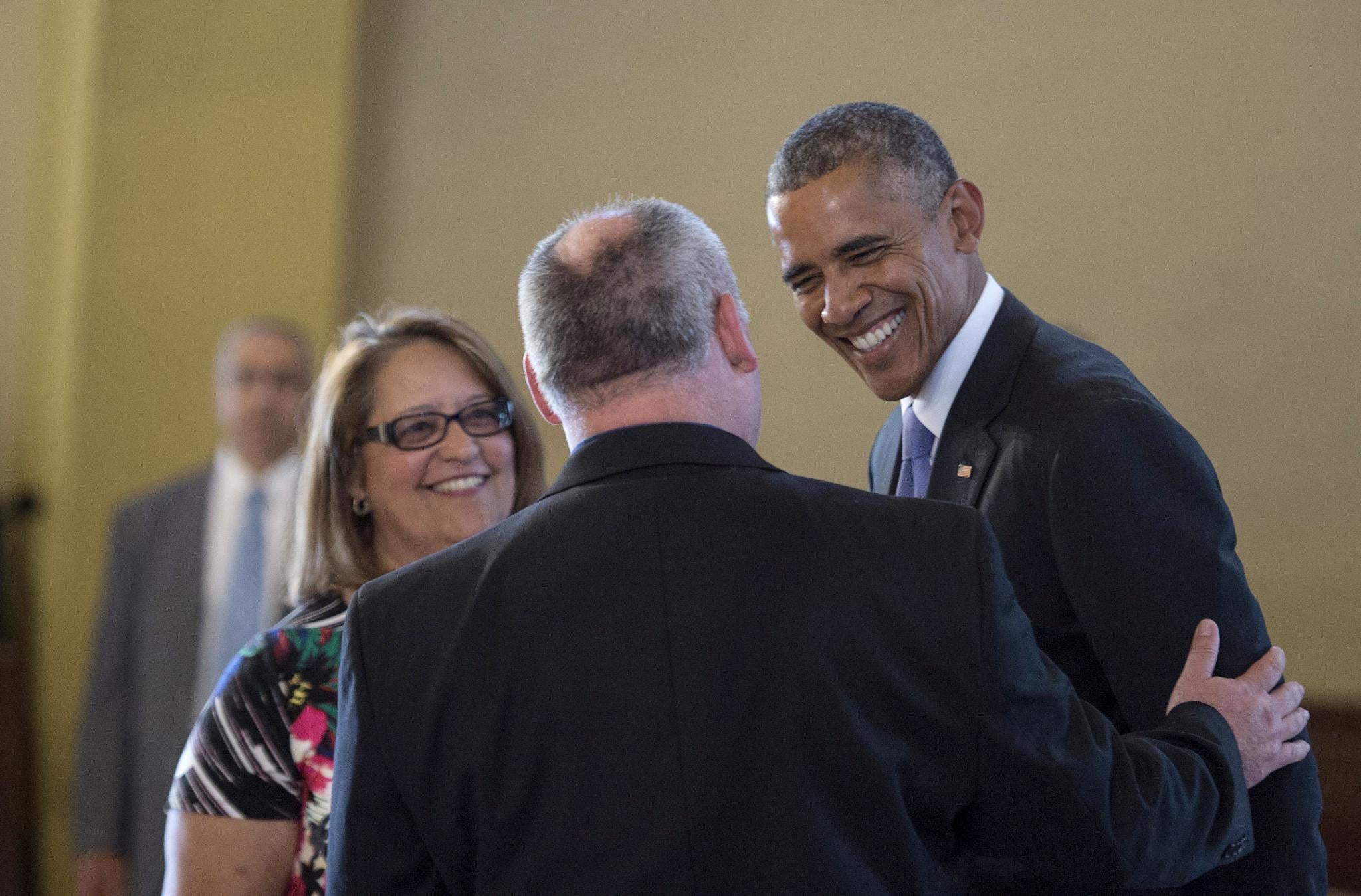
More than 30 years after the United States placed Cuba on its list of state sponsors of terrorism, government officials have removed the island nation from the list. “While the United States has significant concerns and disagreements with a wide range of Cuba’s policies and actions, these fall outside the criteria relevant to the rescission of a State Sponsor of Terrorism designation,” State Department spokesman Jeff Rathke said in a statement.
White House officials made the announcement earlier today, less than six months after President Obama announced that he would be working to reestablish diplomatic relations with Cuba, ending a 50-year alienation.
“While big policy differences remain between Washington and Havana, the Cuban government is in no way a supporter of terrorism,” Geoff Thale, program director of the Washington Office on Latin America, said to USA TODAY. “Taking Cuba off the list puts an end to a longstanding barrier in this relationship and paves the way for both sides to discuss their differences with the Cold War blinders knocked off.”







Soon after President Obama made his announcement in December, the State Department opened a probe investigating Cuba’s status on the list. It concluded last month that the country was no threat to the United States, and officials determined that the Cuban government has not had any recent ties with terrorist organizations.
Despite the results of the investigation, some Republican congressmen are skeptical of Cuba’s newfound status, with many feeling like Cuba is still affiliated with various terrorists. Opponents are also criticizing the United States for supporting a government that they claim violates its citizens’ rights.
Cuba’s new status could drastically change relations between the two nations, particularly within the financial sector. Cuba will now be able to open banks in the United States and can access global finance organizations more easily. Additionally, regulations surrounding the use of American credit cards in Cuba will be loosened since U.S. banks, all of whom have declined handling the international transactions since the détente, will potentially feel safer.






